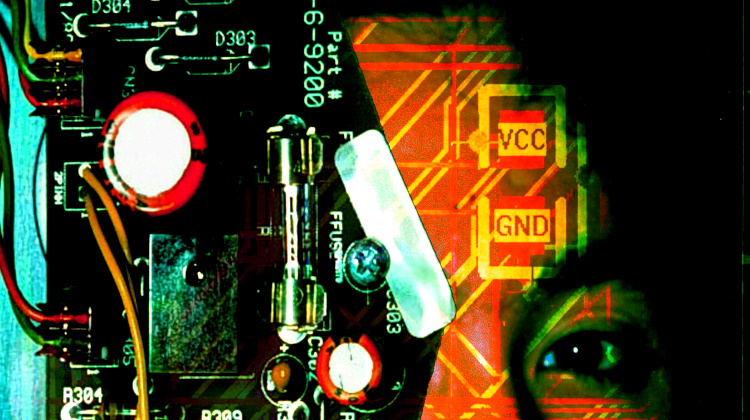
An AI (artificial intelligence) cannot own a copyright, because only people can own copyrights. Any argument to the contrary assumes that an AI is a sentient being, which it is not.
AI is simply a set of computer instructions. It does not think. It’s just instructions for a computer to follow. Even if those instructions are complex, they are still instructions.
Let me illustrate an (oversimplified) example.
Suppose I built an AI and trained it with millions of text conversations and contexts of those conversations. A user can chat with the AI with text, and the AI will respond to each message sent by the user.
The user says, “Hi.”
The AI searches its data for a matching context and all instances of responding to a greeting. It finds hundreds that match and it randomly picks a response among those. “How’s it going?” it replies.
The user says, “I’m sad because my dog just died.”
The AI searches its data again for a matching context. The words from the user, “sad,” “dog,” “died,” match a couple dozen conversations in the AI’s training data. The AI finds a handful of responses in its data to similar statements. It randomly picks a response from among those and tweaks it with its grammar training data. It uses the data to formulate a reply, “Oh, I’m so sorry. How old was it?”
Now the user starts getting creeped out. Is the computer showing empathy? Is it sentient? Does it really care about my dog?
No. The computer AI is simply regurgitating what real people have said in the past in response to a similar statement and situation. It’s just a computer running through code.
An AI will not go beyond what it was programmed to do. Given that an AI is just a computer program with no free will or “sentience” of its own, it cannot own a copyright.
When you type a document into a word processor and save it, the word processor does not own the copyright to the document. Neither does the computer. The same is true even if you “generate” content instead of writing it off the top of your head.
When you take a digital photograph, you are “generating” the arrangement of pixel values in the file. You did not create the objects in the scene, nor did you encode the arrangement of pixels in the file, yet you still own the copyright for the photograph. You own the copyright for the photograph because you are the one who set up the circumstances for its creation.
Again, the same is true with AI. When you set up the circumstances for the creation of a creative work, you own the copyright to it. The machine doesn’t own it, because it can’t. A machine is not a person, and the concept of ownership applies only to people.
Another example: hundreds of people are involved in the creation of a movie, yet the copyright is typically owned by one entity. Why is that? It’s because that entity is the one that set up the circumstances for the creation of the movie. All of the people and tools involved in its creation, including the people filming with the cameras, do not own the copyright.
That said, there’s that famous case of a monkey owning a copyright of a photograph. I believe it was wrong for the court to rule that the monkey could own the copyright for this very reason.
Courts and judges can make errors too, because we are only human.
Further Reading:
AI Can Create Stunning Artwork But The US Government Says It Can’t Have Copyright Protection
Sorry, Your NFT Is Worthless: The Copyright and Generative Art Problem for NFT Collections
Leave a Reply